Choosing the right bed sheet material can have a significant impact on your sleep quality and comfort. But with so many options available, it can be challenging to determine which one is the best fit for you.
In this blog post, we’ll compare four popular bed sheet materials: bamboo, linen, cotton, and Tencel.
By the end of this article, you’ll have a better understanding of each material’s unique features, advantages, and disadvantages, enabling you to make an informed decision when purchasing your next set of bed sheets.
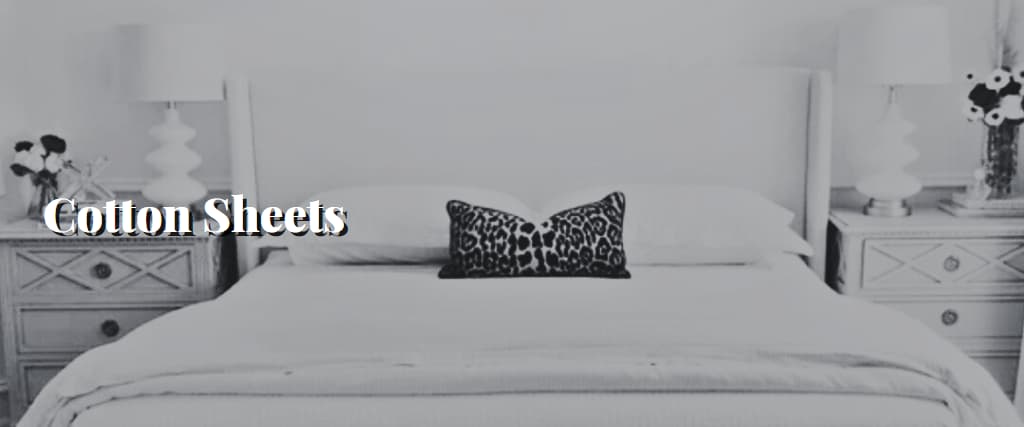
Cotton Sheets
Cotton is the most popular and traditional bed sheet material. It is a natural fibre that comes from the cotton plant. The cotton fibre is processed into yarns that are woven into various types of cotton fabrics.
The most common types of cotton sheets are percale and sateen. Percale sheets have a crisp feel and are lightweight, while sateen sheets have a silky, smooth feel.
Advantages of Cotton Sheets
Cotton is known for its softness, durability, and breathability. Generally, cotton sheets are comfortable and allow for air circulation, which can help regulate your body temperature while you sleep. Cotton is also easy to care for, as it can be machine washed and dried.
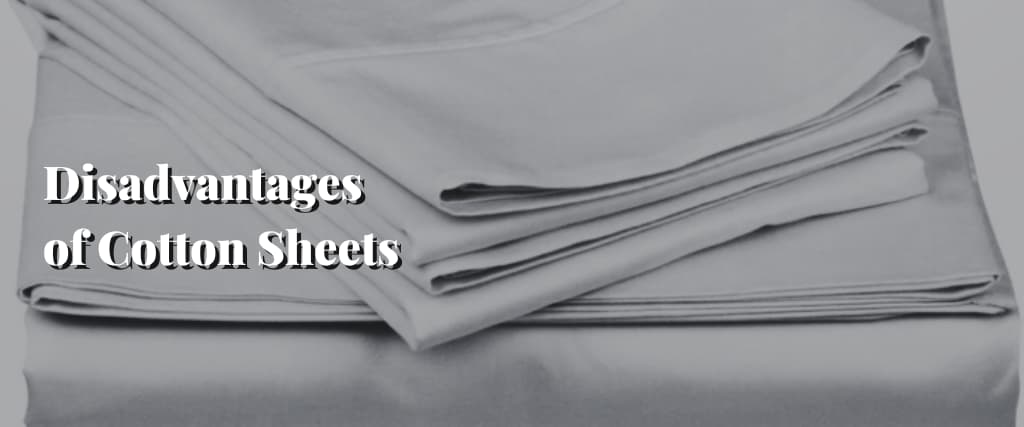
Disadvantages of Cotton Sheets
One of the main disadvantages of cotton sheets is that they tend to wrinkle easily, especially if they are not ironed. Cotton also has a tendency to shrink after washing, which can make the sheets feel tighter on your bed. Additionally, lower quality cotton sheets may pill or become rough to the touch after a few washes.
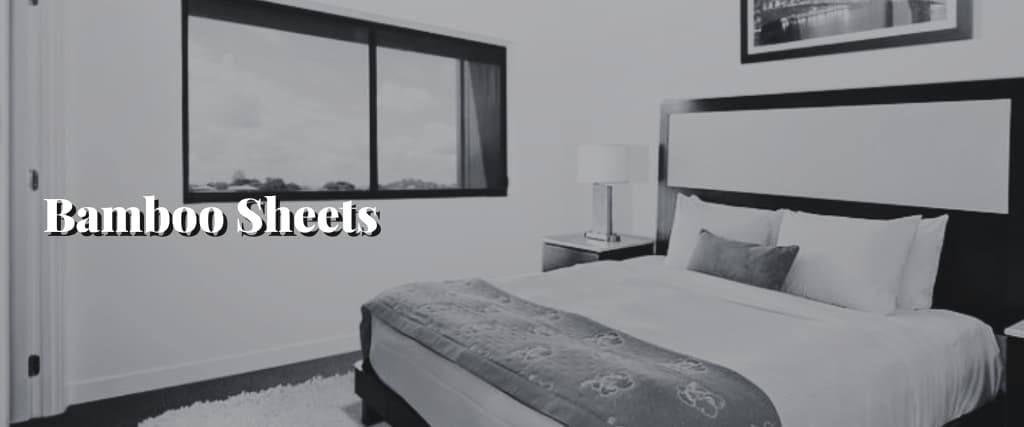
Bamboo Sheets
Bamboo sheets are made from the pulp of the bamboo plant. The bamboo fibre are processed into yarns and woven into fabric. Bamboo sheets are becoming increasingly popular due to their sustainability and eco-friendliness.
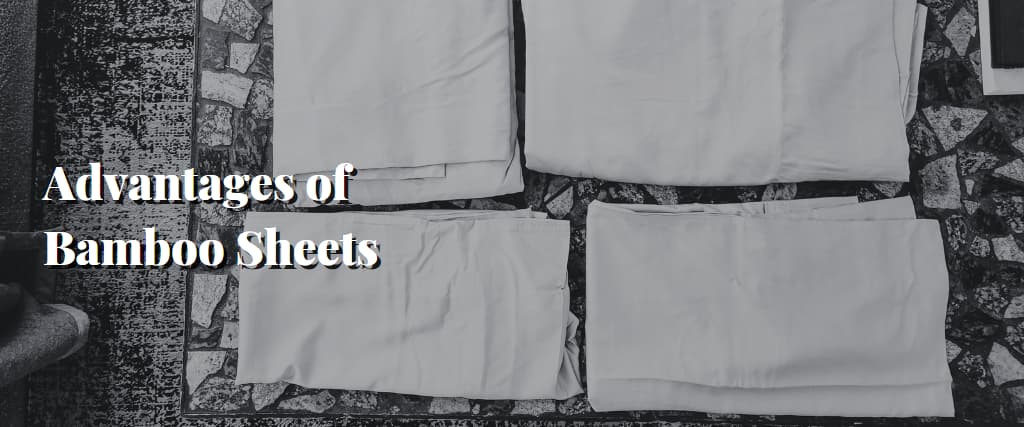
Advantages of Bamboo Sheets
Bamboo sheets are naturally breathable and moisture-wicking, making them an excellent choice for
hot sleepers or those who experience night sweats. They are also hypoallergenic and antimicrobial, which can be beneficial for individuals with allergies or sensitivities. Bamboo sheets are soft and silky to the touch, providing a luxurious feel.
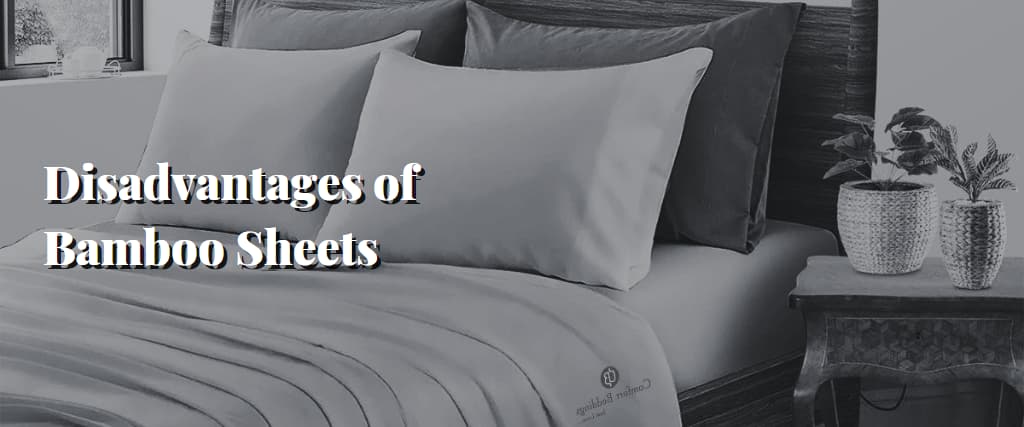
Disadvantages of Bamboo Sheets
One of the main disadvantages of bamboo sheets is that they tend to be more expensive than other types of bed sheets.
Additionally, the manufacturing process of bamboo sheets requires the use of chemicals, which can negate some of the environmental benefits of the material. Some bamboo sheets may also require special care instructions, such as avoiding high heat when washing and drying.
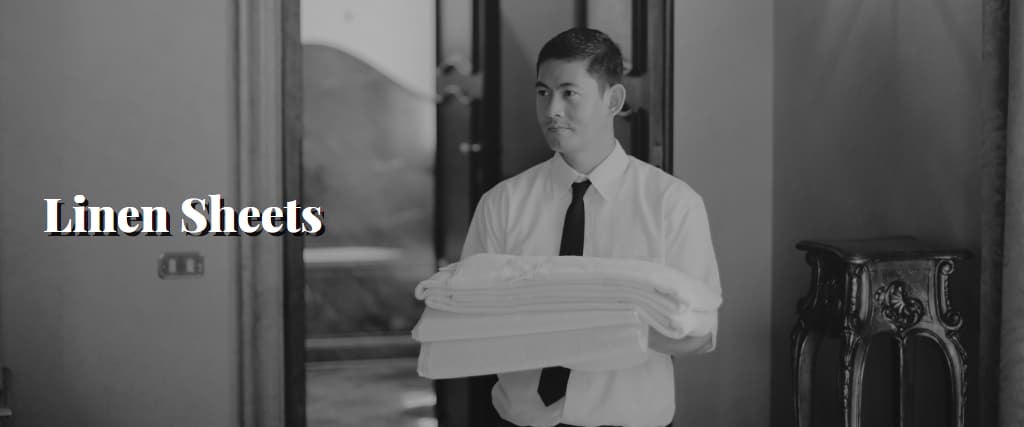
Linen Sheets
Linen is a natural fibre that comes from the flax plant. sheets made of this material have been used for centuries due to their durability and longevity.
Generally, linen is a popular choice for summer bedding, mainly because of its breathability.
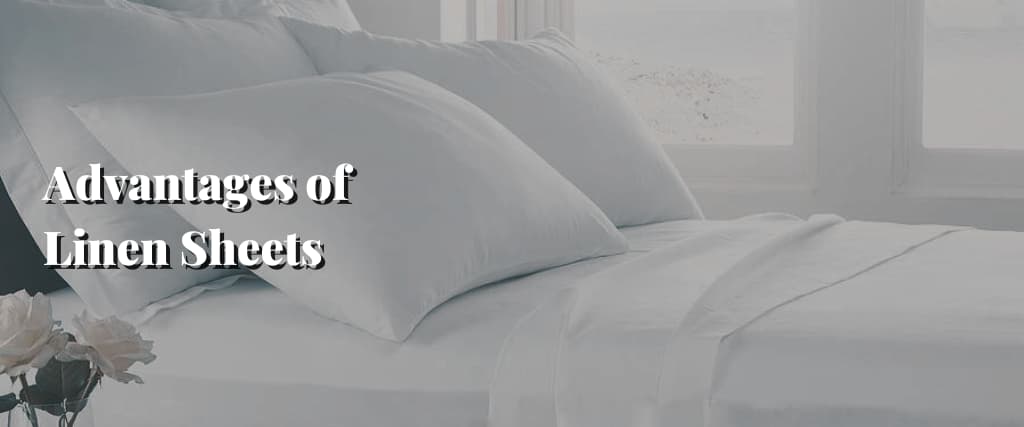
Advantages of Linen Sheets
Linen sheets are known for their durability and longevity. They tend to become softer and more comfortable with each wash, making them an excellent investment in the long run. Linen is also naturally hypoallergenic and antimicrobial, making it a good choice for individuals with allergies or sensitivities.
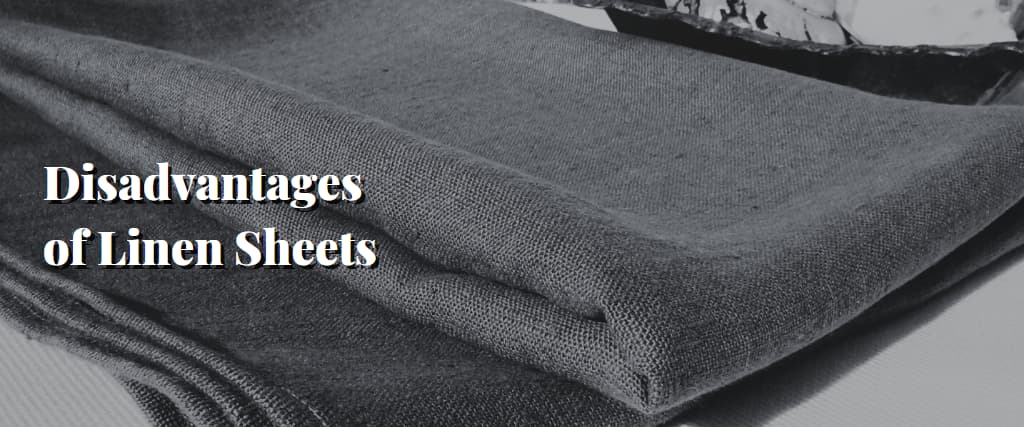
Disadvantages of Linen Sheets
One of the main disadvantages of linen sheets is that they tend to be more expensive than other types of bed sheets.
Linen is also prone to wrinkling, which can require more ironing or steaming than other materials. Additionally, linen can feel rough and scratchy to some individuals, especially when it is new.
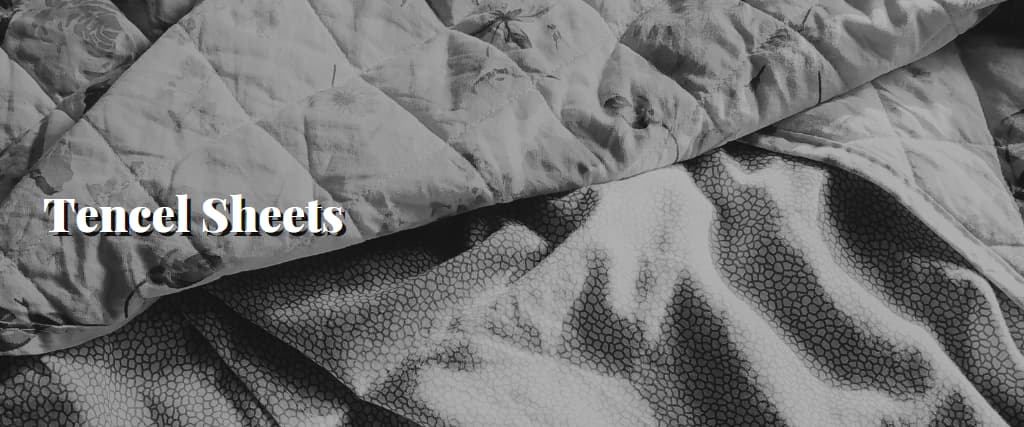
Tencel Sheets
Tencel is a brand name for lyocell, which is a type of rayon made from wood pulp. Tencel sheets are made from the eucalyptus tree, which is a sustainable and renewable resource.
In recent years, these types of sheets have become increasingly popular due to their eco-friendliness and softness.
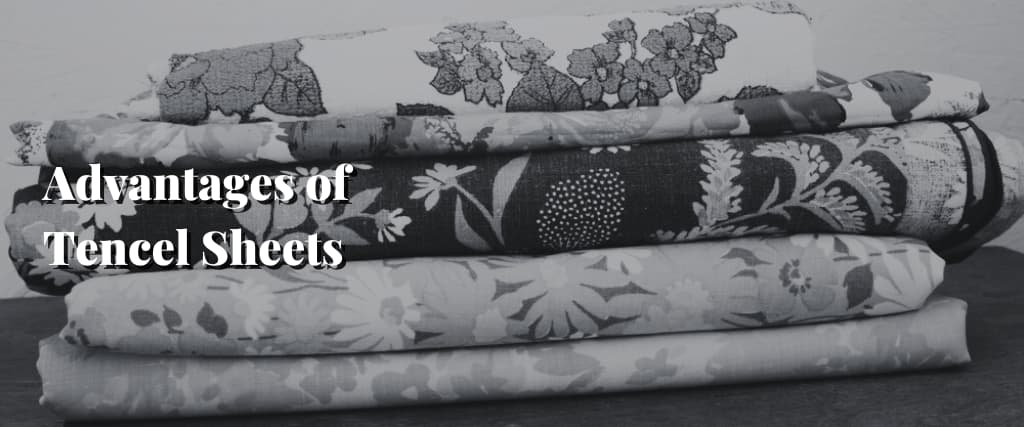
Advantages of Tencel Sheets
Tencel sheets are incredibly soft and silky to the touch. They are also naturally breathable and
moisture-wicking, making them an excellent choice for hot sleepers or those who experience night sweats.
Tencel is also naturally hypoallergenic and antimicrobial, making it a good choice for individuals with allergies or sensitivities. The manufacturing process of Tencel is also eco-friendly and requires less water and chemicals than other types of bed sheets.
Disadvantages of Tencel Sheets
One of the main disadvantages of Tencel sheets is that they tend to be more expensive than other types of bed sheets. They also require special care instructions, such as avoiding high heat when washing and drying.
In addition, Tencel sheets may not be as durable as other types of bed sheets, and they may become prone to pilling after several washes.
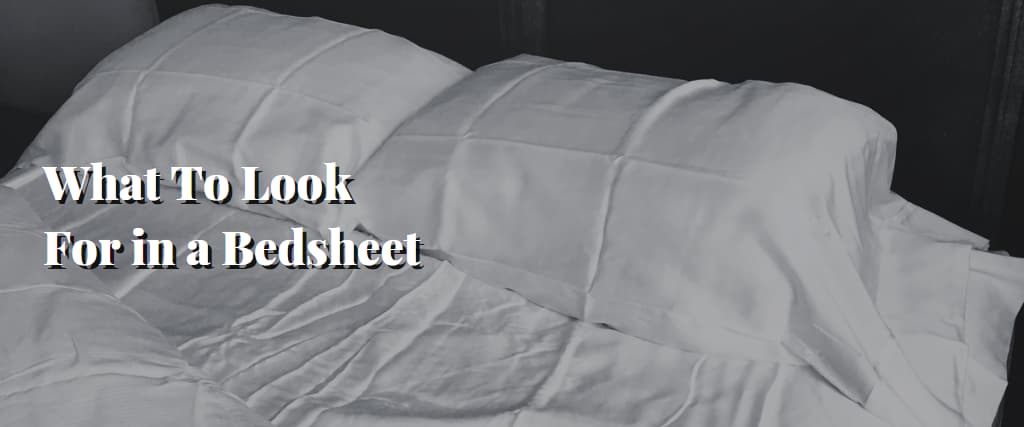
What To Look For in a Bedsheet
When shopping for bed sheets, there are several factors to consider to ensure you find the best option for your needs.
One of the main things is the material of the bed sheet, which will determine its softness, durability, and breathability. Whether you choose cotton, bamboo, linen, or Tencel, consider which material will provide the level of comfort you prefer.
Thread count is also important as it references how many threads are woven into every square inch of the fabric. While high thread counts might seem desired, they do not necessarily mean the sheet is of better quality than those with a lower thread count, as other factors like the quality of the thread can also affect the feel of the sheet. However, a thread count of 200-400 is generally a good range to look for.
Similarly, the weave of the sheet affects the feel and durability of the fabric. Common weaves include percale, sateen, and twill. Percale is crisp and lightweight, while sateen is silky and smooth. Twill is durable and has a diagonal pattern. Each of them has an impact on how the sheet feels on your skin.
Bed sheets that are breathable can help regulate your body temperature while you sleep, preventing overheating or excessive sweating. So, it is worth looking out for materials that offer good breathability. Likewise, the fit of the sheet is also essential. Sheets that are too small may not cover your mattress correctly, while sheets that are too large may bunch up and be uncomfortable to sleep on. Be sure to measure your mattress and look for sheets that fit your specific size.
Lastly, consider the care instructions for the sheet before making a purchase. Some materials may require special care, such as avoiding high heat when washing and drying or hand-washing. As you will need to wash the sheet regularly, make sure you are willing to follow the care instructions to ensure the longevity of the sheet.
Conclusion
Choosing the best bed sheet material ultimately comes down to personal preference and needs. But
if you are looking for a classic and comfortable option, cotton sheets are a popular choice.
That said, if you are concerned about sustainability and eco-friendliness, bamboo and Tencel sheets are excellent choices. While linen sheets are known for their durability and longevity, making them a good investment in the long run.
Consider your priorities and budget when making your decision, and remember to check care instructions and customer reviews on vendor websites to ensure you are getting the best quality bed sheets for your needs.
